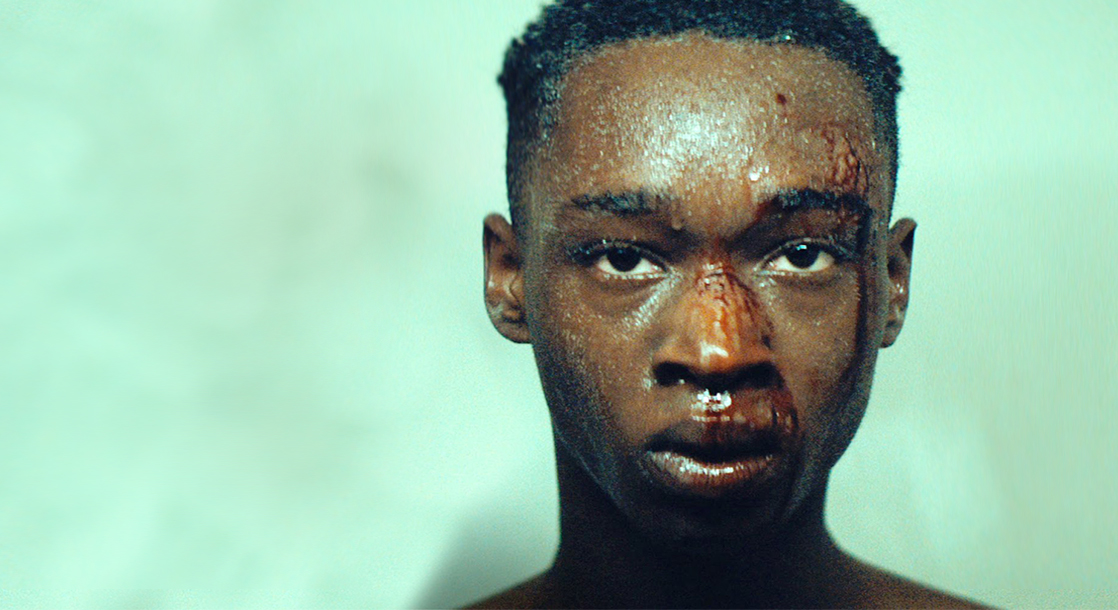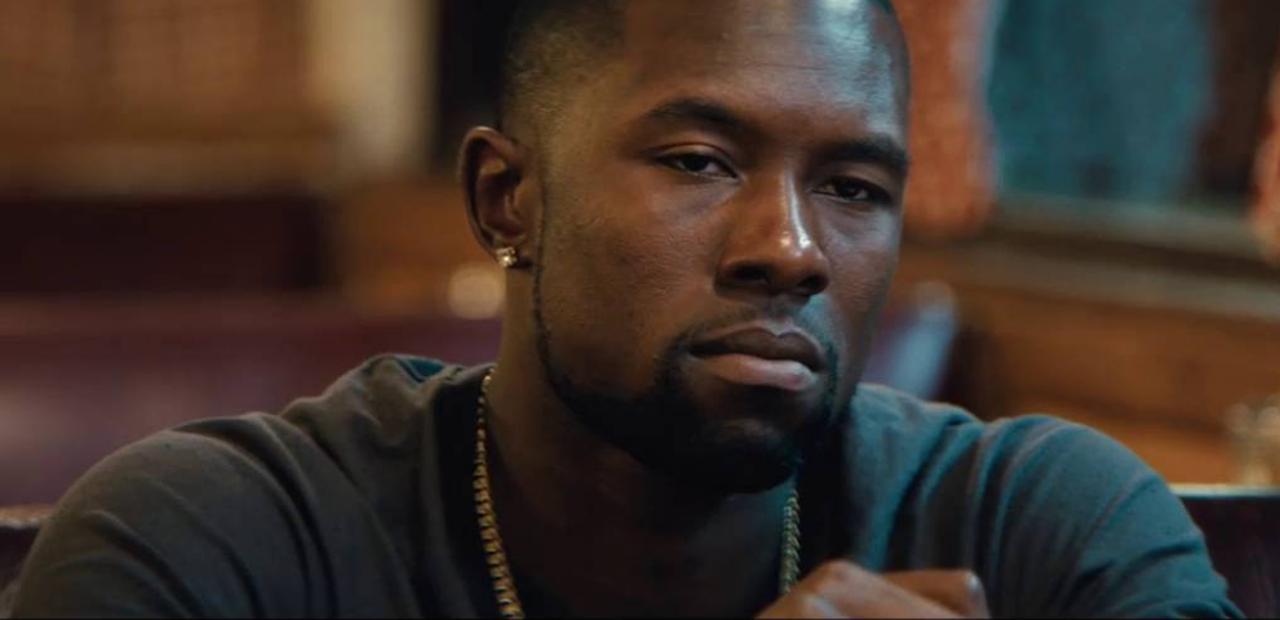“At some point, you gotta decide for yourself who you’re going to be. Can’t let nobody make that decision for you.”
In a brilliant, as real as it gets scene of the third chapter of Barry Jenkins’s Moonlight, we see our protagonist Chiron (played by Trevante Rhodes, in this chapter) waking up suddenly from a disturbing dream and discovers something in his pants which, if I am not wrong, can only be described as nightfall.

Told in three chapters, Moonlight is a coming-of-age tale of a boy becoming a teenager and then an adult man while dealing with a constant life struggle and sexual awakening, around the African-American neighbourhoods of Miami and later Atlanta.
A lot of scenes in Moonlight depicts the theme of alienation. In the first chapter named “Little”, Chiron doesn’t have a friend other than Kevin. Being bullied by everyone else Chiron lives a difficult life while dealing with his confusion over his sexuality. The only positive thing in his life is this drug dealer Juan with a heart of gold, who, ironically also sells drugs to Chiron’s mother. In the second chapter named “Chiron”, young-adult Chiron’s life seems even more troublesome, with his drug abusive mother and growing feelings for Kevin. The absence of Juan as a mentor in his life makes things even more difficult. The final chapter, named “Black” (Kevin’s nickname for Chiron) shows us a very different Chiron, now a fully grown rough-and-tough muscular adult man living in Atlanta, but yet again struggling with his inner demons in the form of suppressed feelings, memories of his old life and tortured relationship with his now ageing mother.

Staying true to the protagonist’s quite, non-talking nature, Moonlight remains a very quiet film from start to finish. There are not much of a dialogue or explanatory scenes. Instead, visual storytelling has been extensively used as a narrative style; thanks to Nicholas Britell’s haunting, poignant score and James Laxton’s awe-inspiring cinematography. Laxton’s superlative camerawork, especially, weaves sheer magic on the screen and almost works as a silent narrator here.
The three actors playing Chiron in the three chapters of the movie have all done justice to the character. Full marks to the casting team for choosing these three who bear striking similarities to each other. Naomie Harris, as the drug addict troubled mother of the protagonist, has been really great. But it is Mahershala Ali, as the drug dealer slash mentor slash philosopher for Chiron, shines the brightest of them all. Although he only appears in the first chapter but in that limited screen time given to him, he leaves a mark that is rock solid, so much, that throughout the second and third chapter both Chiron and the audience feel his absence.

Moonlight, at its core, seems to be an extremely personal film. That is why relating to it, by understanding what is really going on inside the head of a homosexual man of colour with a rough childhood and adult life as well, becomes kind of a difficulty. But that does not take anything away from the overall brilliance of it.
Barry Jenkins’s Moonlight is a flawless film. There is not a single note that goes wrong here. All of it is so perfect, so much that one can’t even nitpick anything that does not feel quite right. The acting is top notch, the direction is masterful, the writing is terrific, the cinematography is beautiful, the background score is brilliant and the editing is razor sharp. It doesn’t speak much, but with little words, silent gazes and poetic imageries; it paints a picture of a troubled soul that conveys a lot.


